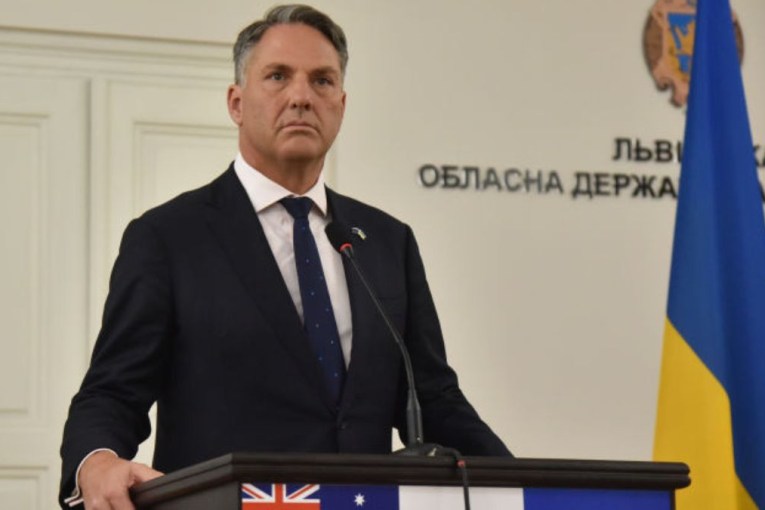Parliament House lockdown
Tougher security measures have been introduced at Parliament House in Canberra as MPs and senators arrive for the resumption of sittings.
Tighter security was ordered by the Prime Minister Tony Abbott after intelligence agencies picked up increased chatter about potential threats to the building and to Government figures.
• Budget fades as Canberra turns its mind to terror
• VIDEO: Jacqui Lambie struggles to define ‘sharia’
Parliament House staff have been informed by email of some of the changes following the increase in the national terrorism alert level to high.
They mainly affect the ministerial wing where Government ministers and the Prime Minister have their offices.
The road which runs up to the ground floor entrance has been closed and the entrance itself will no longer be used.
Ministerial staff will have to use the basement entrance, an option which now will not be available to visitors and those staff not holding a photo pass.
Up until now there has been no restriction on internal access to the ministerial wing by those with staff, media and visitor passes.
But that has now changed and only people with business in that part of the building will be allowed there.
Parliament House ministerial entrance in lockdown pic.twitter.com/kr6r9KmaZr
— andrew meares (@mearesy) September 21, 2014
The presiding officers say security guards will check passes and may ask why those wanting to go into the ministerial wing need to be there.
Passes which have allowed visitors to walk unaccompanied around the private areas of the building, where MPs and senators have their offices, will no longer be issued and all visitors must be escorted at all times.
The Prime Minister also announced last week he had ordered Australian Federal Police to take over internal as well as external security at Parliament House.
No loopholes in new terror laws
Federal attorney-general George Brandis says new anti-terrorism laws will ensure there are no loopholes for people who support terrorist activities.
Senator Brandis says the laws, which he will introduce to parliament this week, will give authorities the power to track people of concern even if there is insufficient evidence to charge them with a criminal offence.
“The government wants to make sure that the police and also the intelligence agencies have all the power they need in all circumstances to deal with what has got to be acknowledged now by all sides of politics to be a very serious problem,” he told the Nine Network on Monday.
He said Australia’s existing anti-terrorism legislation, introduced by the Howard government in 2005, were “quite strong laws”.
“But any prudent government reviews laws from time to time to make sure there are no loopholes, that there are no gaps,” Senator Brandis said.
“That’s what the prime minister asked me to do and the result of that exercise will be the two bills I’ll be introducing into the parliament this week.”
Two terror cells
Parliament’s powerful intelligence and security committee has also approved the continued listing of Islamic State as a terrorist organisation.
The listing, made under the Criminal Code, means it’s an offence for anyone in Australia to help the organisation, which committee chairman Dan Tehan described on Monday as “one of the world’s deadliest”.
Islamic State has been listed under a variety of names since 2005.
The committee’s report said it proclaimed itself Islamic State in June and the relisting supports its continued proscription under its new name.
The committee also approved the listing, for the first time, of the Nigerian-based terrorist organisation Boko Haram, which grabbed worldwide attention when it kidnapped more than 200 schoolgirls in April.
The committee said Boko Haram, unlike Islamic State, had no known links with Australia.








